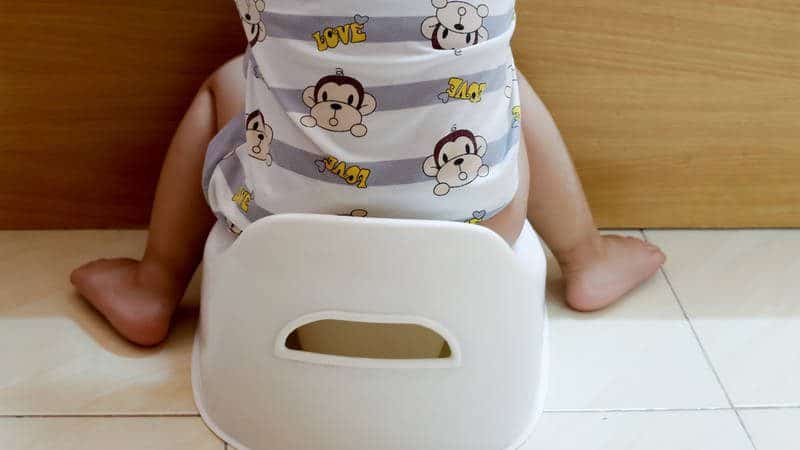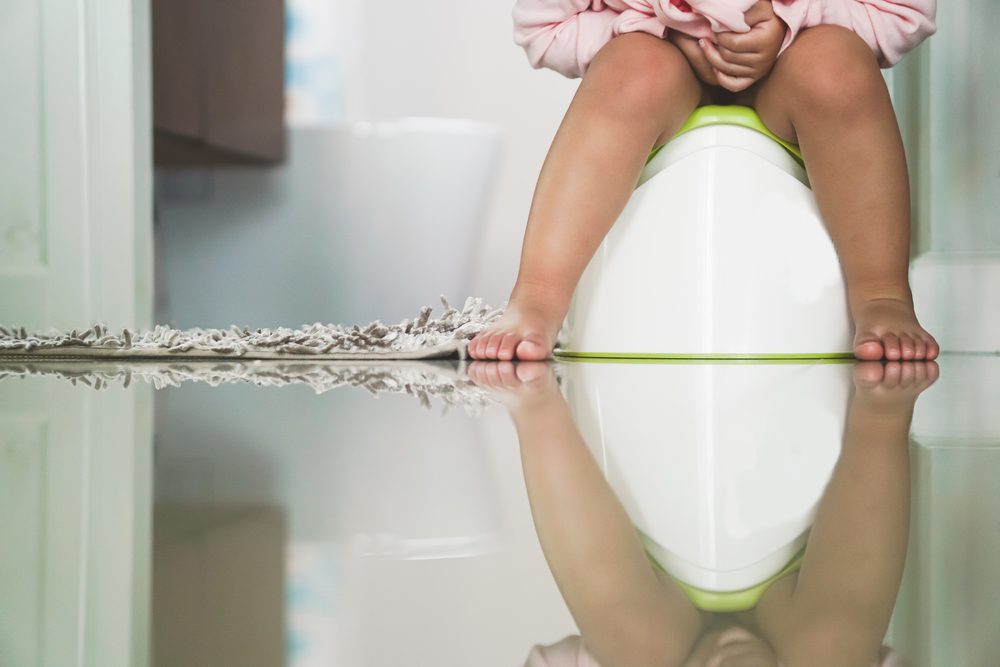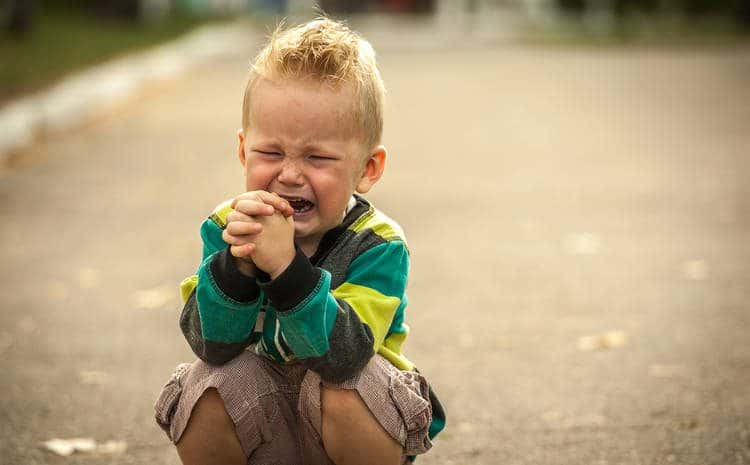Key Takeaways
- There is not one “right” way or one “right” age to start potty training.
- Look for signs that a child is ready to begin potty training
- Know when it is not a good time to start potty training
- Ensure all caregivers create a supportive environment for success



